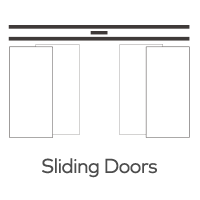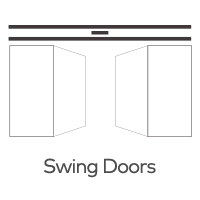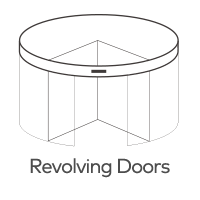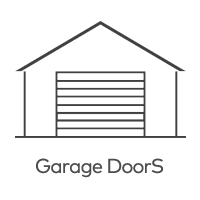What factors should be considered when choosing automatic sliding door sensors?
Automatic sliding doors are a common feature in many modern buildings. They offer convenience and ease of access for people with disabilities, the elderly, and those carrying heavy objects. However, for these doors to function effectively, they require sensors that can detect the presence of people or objects in their path. In this article, we'll discuss the factors that should be considered when choosing automatic sliding door sensors.
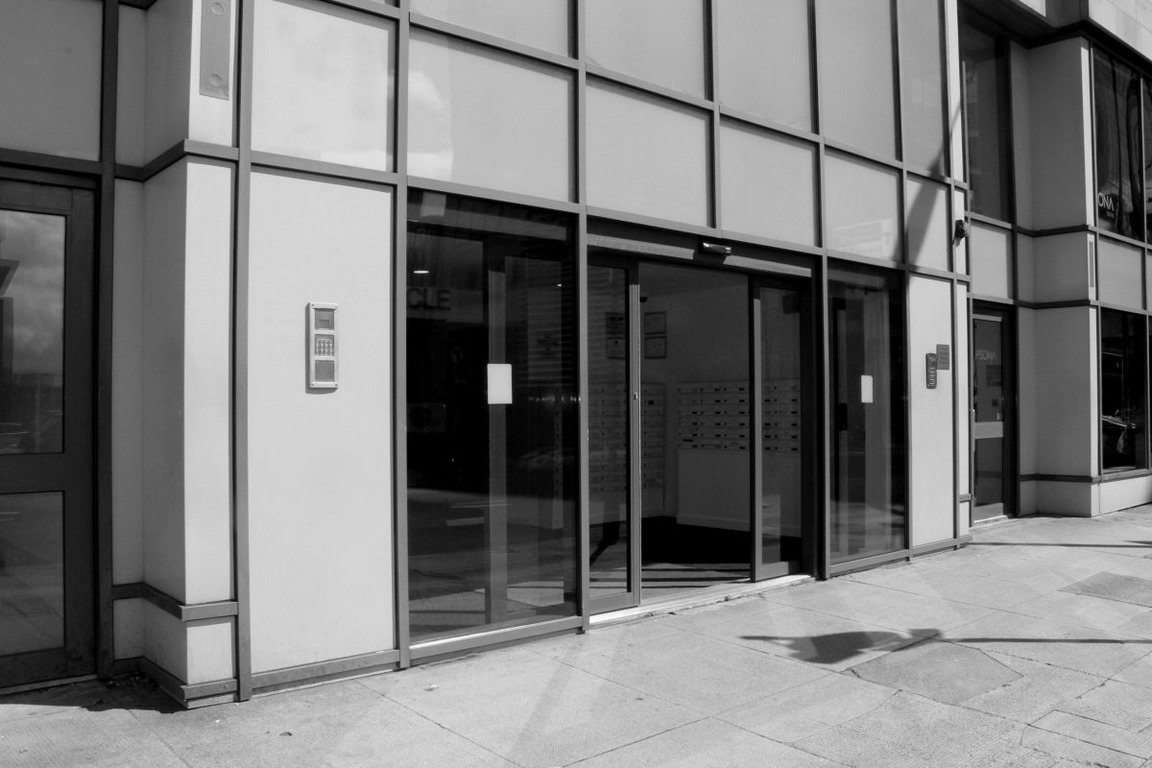
1.Type of Sensor
There are various types of sensors used in automatic sliding doors. The most common types include infrared sensors, microwave sensors, and motion sensors. Infrared sensors detect movement by sensing the infrared radiation emitted by an object or person. Microwave sensors emit a continuous wave of microwave radiation, and when an object or person enters the door's field, the sensor detects a change in the frequency of the wave. Motion sensors detect motion by sensing changes in temperature or light levels.
When selecting a sensor, it is important to consider the type that is most suitable for your particular needs. For instance, infrared sensors are ideal for areas with minimal traffic, while microwave sensors are best suited for high traffic areas.
2.Range
The range of a sensor refers to the distance over which it can detect movement. The range required will depend on the size of the entrance and the level of foot traffic. In busy areas, a sensor with a longer range may be required to ensure that the door opens in time to allow people to pass through.
3.Durability
Automatic sliding door sensors are often exposed to harsh weather conditions, and as such, they must be durable enough to withstand these conditions. It is essential to choose a sensor made from durable materials that can withstand moisture, dust, and extreme temperatures.
4.Power Requirements
Automatic sliding door sensors require a source of power to operate. Some sensors require batteries, while others require a connection to an electrical source. When selecting a sensor, it is important to consider the power requirements and ensure that the sensor is compatible with the available power source.
5.Cost
The cost of automatic sliding door sensors varies depending on the type, range, and durability. It is essential to consider the budget when selecting a sensor. While it may be tempting to opt for a cheaper option, it is important to consider the long-term cost implications, including maintenance and repair costs.
Code Compliance
Finally, it is important to ensure that the sensor you choose is compliant with relevant safety codes and standards. These codes and standards are put in place to ensure the safety of those who use the doors, and compliance is mandatory in most jurisdictions.
In conclusion, selecting the right automatic sliding door sensor is essential for the smooth operation and safety of the door. By considering factors such as the type of sensor, range, durability, power requirements, cost, and code compliance, you can choose a sensor that meets your needs and complies with safety standards.


